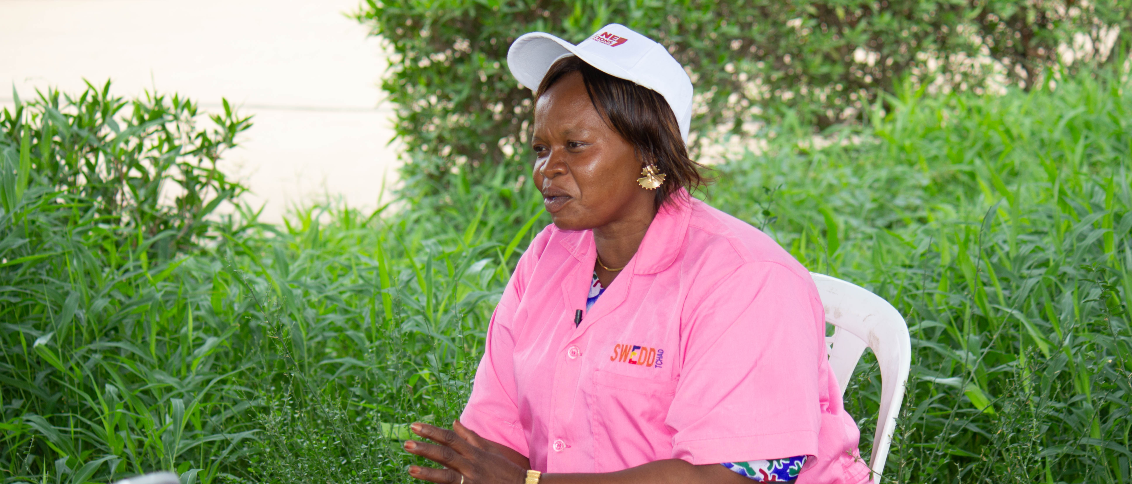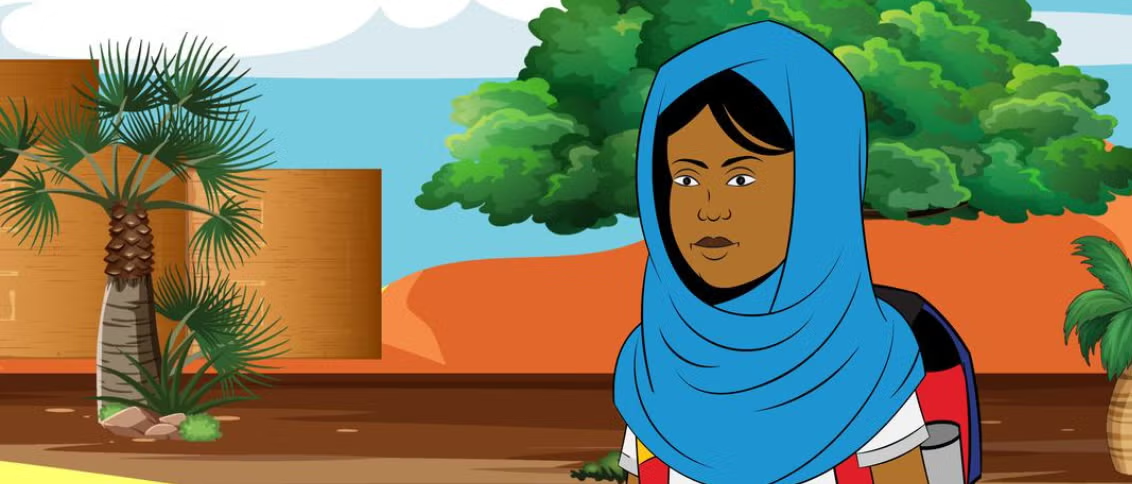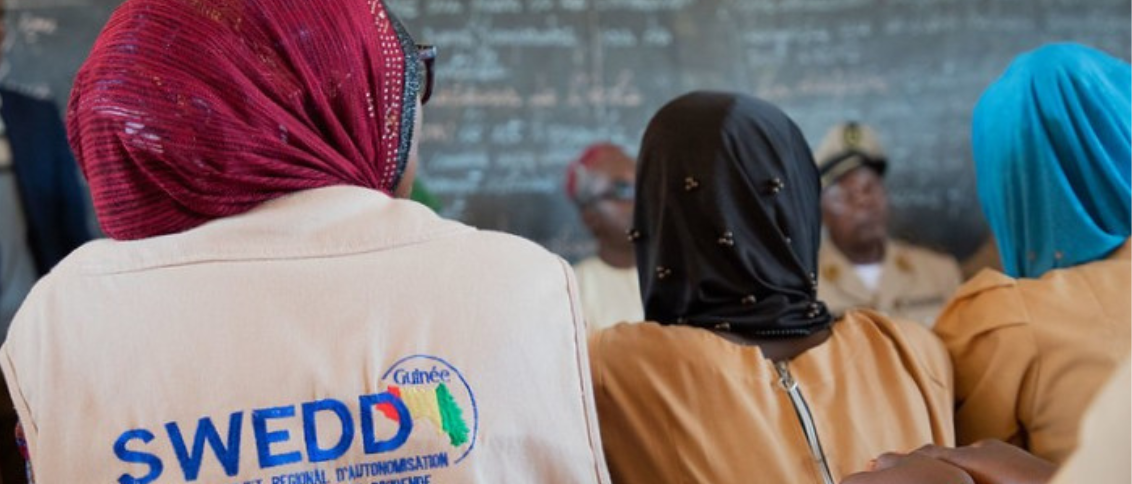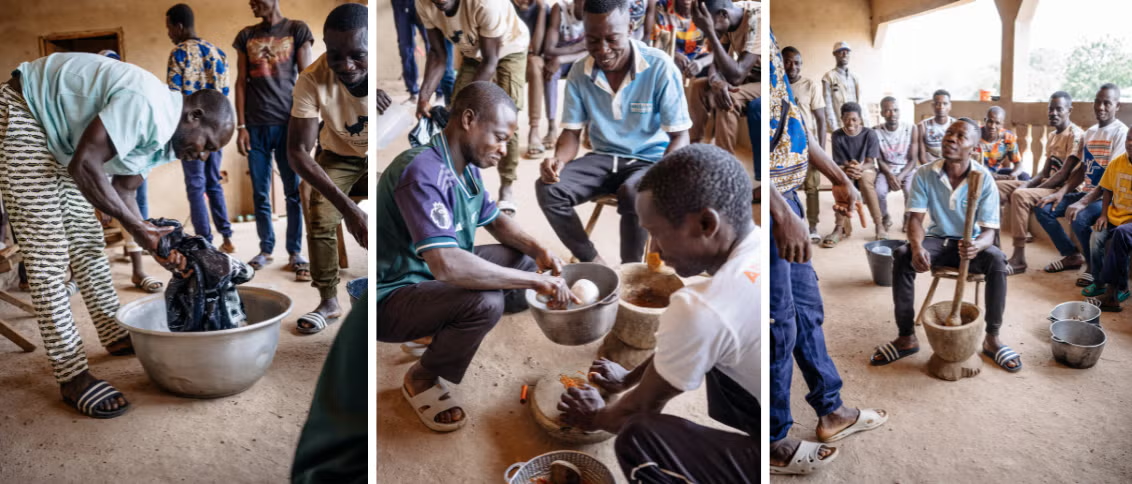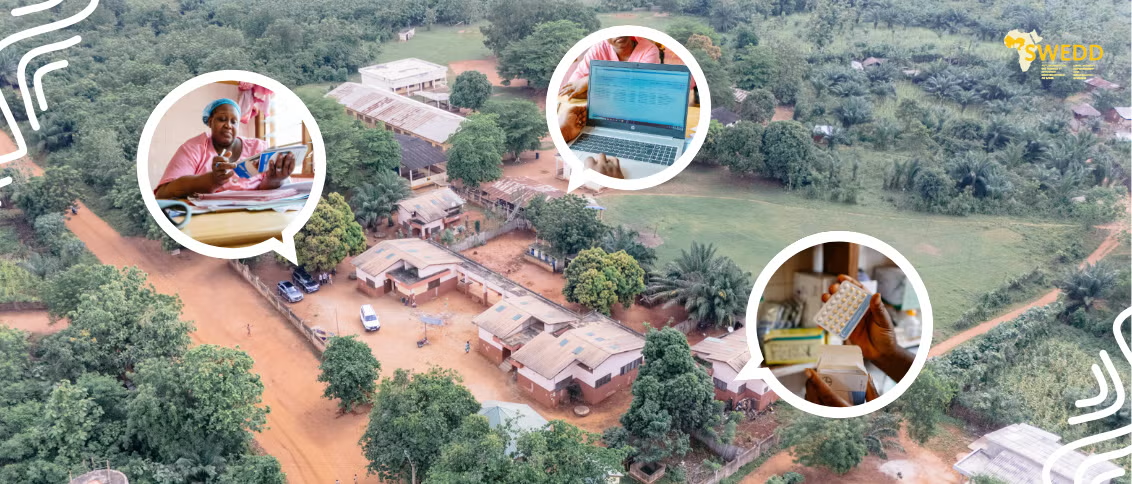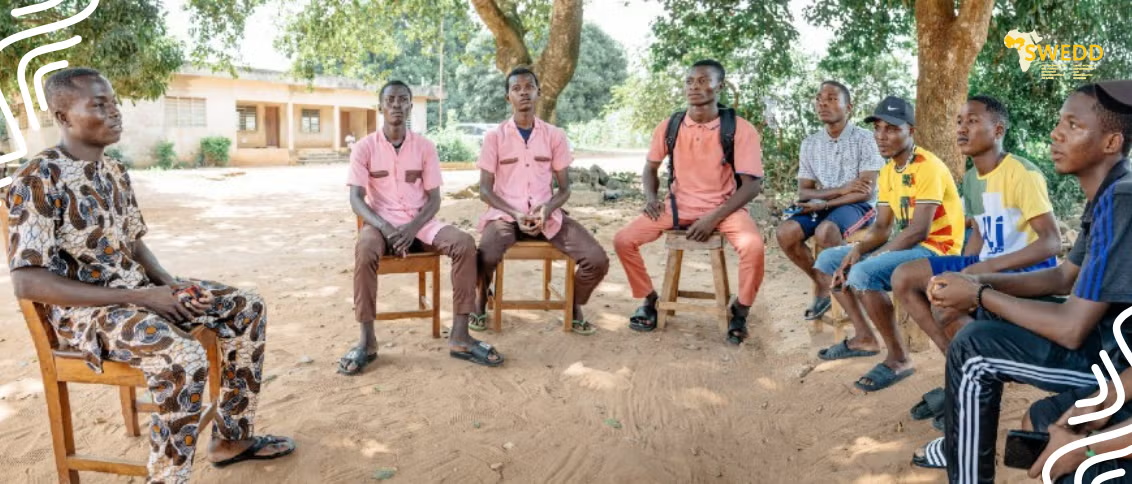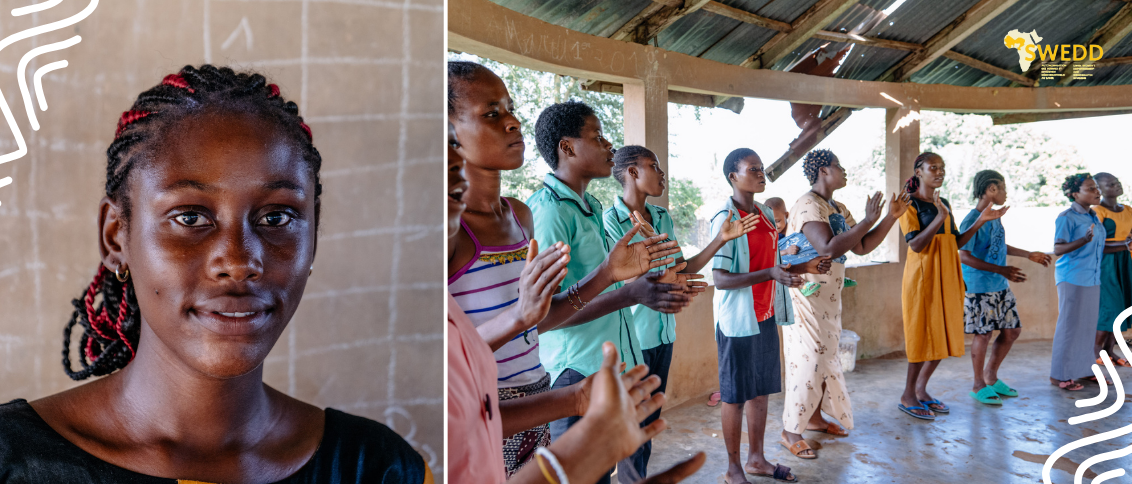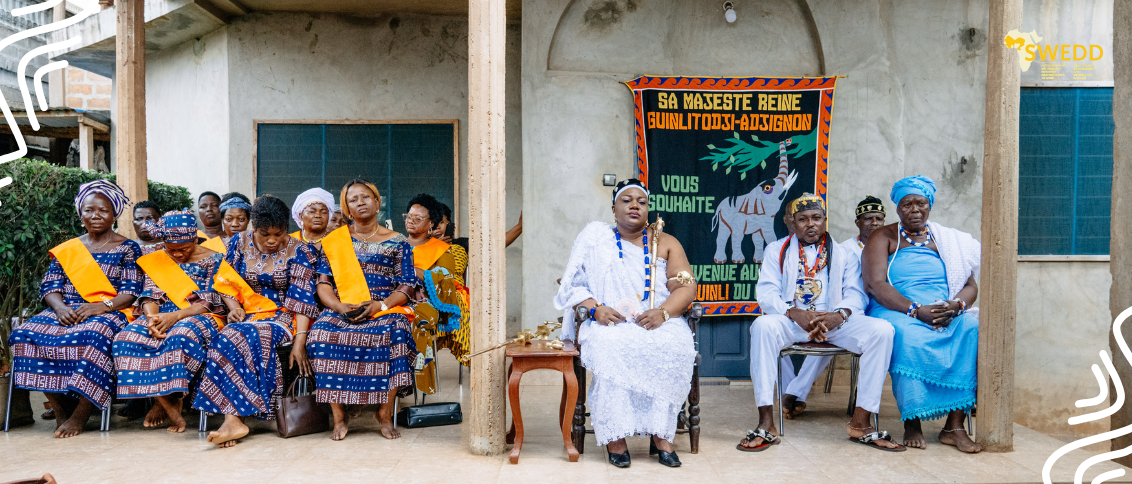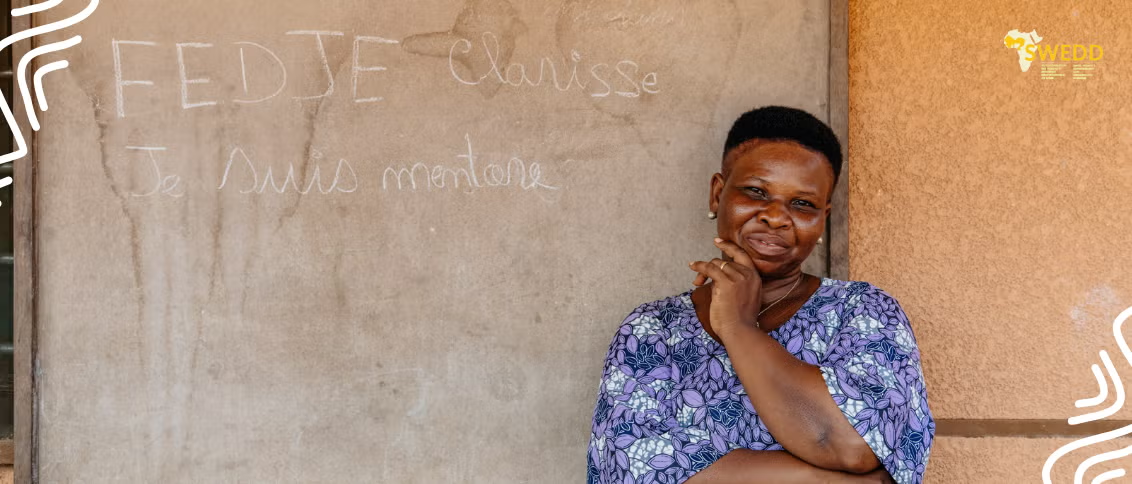

NEWS
The midwives of the SWEDD project: an essential pillar for communities in Chad
08 November 2024

Isabelle Kode, a silent heroine, embodies the strength and compassion needed to change the lives of communities in Chad. Thanks to her tireless work and that of the other midwives in the SWEDD project, the sexual and reproductive health needs of women and girls are being addressed, offering renewed hope and invaluable support in the most remote parts of the country.
In Chad, access to maternal health services remains a major challenge, particularly in rural areas where infrastructure is limited and travel is often difficult. In this context, the SWEDD project, funded by the World Bank, is playing a crucial role by deploying midwives to provide essential care to women and girls, not least to help reduce the maternal and infant mortality rate.
The story of Isabelle Kode, midwife and mentor of a safe space for young girls in the Lake Chad region, bears witness to the transformative impact of this project through her dedication and tireless efforts.
>> Watch Isabelle Kode share a day in her life working in Lake Chad Basin (select English subtitles)
Isabelle Kode: the sole midwife in her community
"When I arrived here, the register showed just five deliveries a month, sometimes eight," says Isabelle. "Thanks to my awareness-raising efforts and hard work, this has changed significantly. Today, I can handle up to 50 deliveries a month, sometimes 30, with an average of around 35. The health centre has really changed."
Isabelle's story illustrates the initial challenges she faced, such as the lack of awareness and the common practice of home deliveries. Pregnant women had to travel dozens of kilometres, often on foot, to access care. Her region covers 63 villages, including islands that require travel by pirogue.
"We travel by pirogue to the larger villages, where we gather together people from the smaller villages around. We start at dawn and work until dusk. Before we arrive, we inform the communities via the village chiefs so that they know when and where we'll be. When we arrive, there are already between 200 and 300 women waiting for us.
Isabelle's dedication doesn't stop at delivering babies. She also runs awareness and education sessions, helping to increase demand for maternal health services. Such is her closeness to the community that she is affectionately referred to as ‘Mum’ by everyone, even the elderly.
‘Here, nobody calls me by my name or my title. To everyone, I'm Mum.
A giant step forward: Access to modern contraceptives
Thanks to the SWEDD project, 290,629 new users in Chad now have access to modern contraceptives. This major advance demonstrates the project's ongoing commitment to women's empowerment and social transformation. By making family planning more accessible, the project is enabling women to better manage their pregnancies and plan their families, thereby helping to reduce infant and neonatal mortality.
Greater efforts needed to meet demand
Despite the successes of the SWEDD project and the impact of Isabelle's commitment, there is still an urgent need to build capacity. It is crucial to train and deploy more health professionals to cover the region effectively and meet the growing needs of the communities.
The challenges are many: lack of passable roads, shortage of basic medical equipment and insufficient staff. Midwives, often working alone in isolated posts, have to show resilience and creativity to overcome these obstacles.
The SWEDD project has shown that by deploying qualified midwives and facilitating access to modern contraceptives, the maternal health landscape in remote areas such as Lake Chad can be transformed. Isabelle Kode's commitment and testimony underline the importance of supporting and developing these initiatives to ensure the health and well-being of mothers and children.
